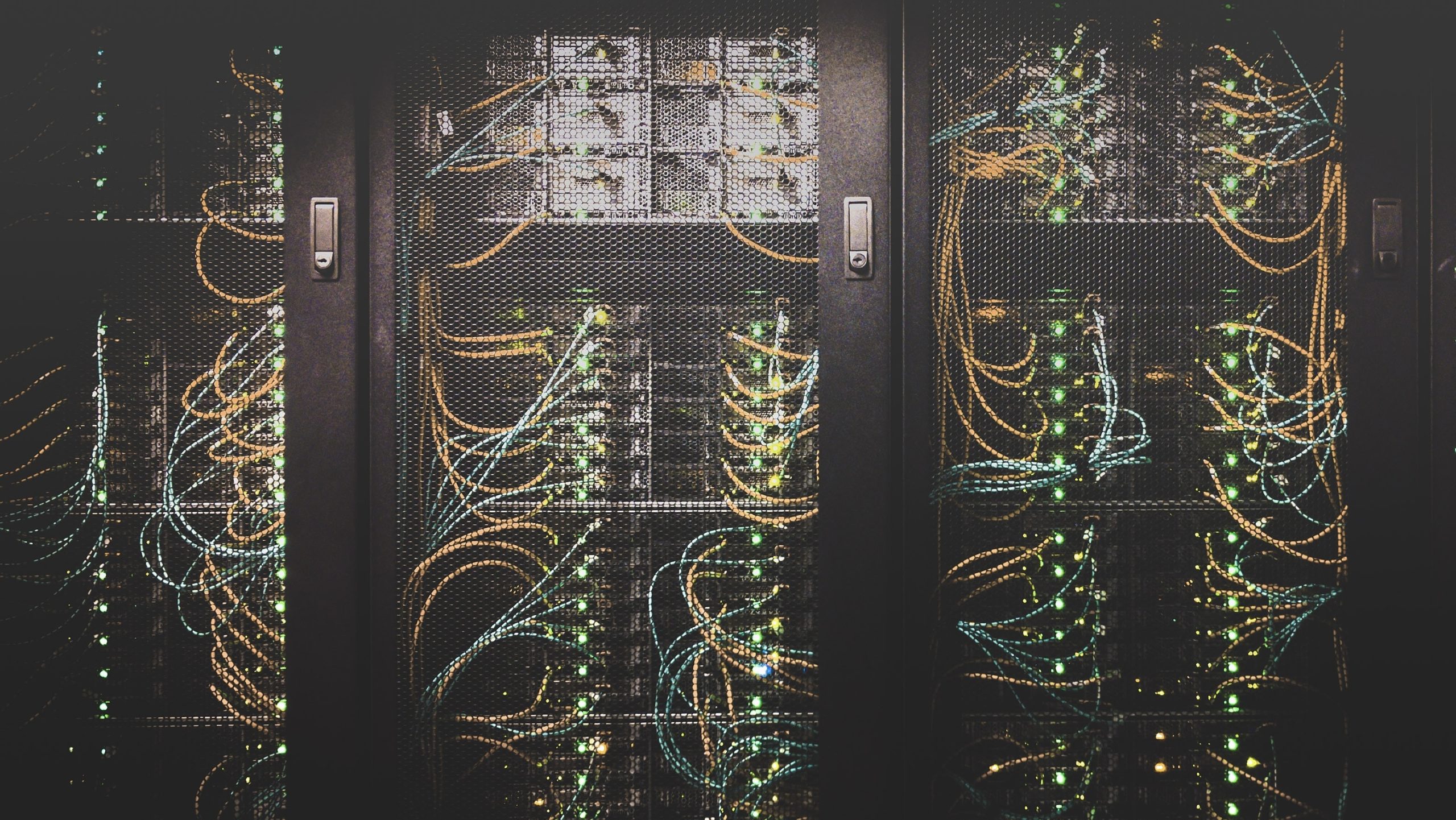The colocated data center industry has seen a significant trend of buyouts and rollups in recent years. This trend has resulted in many smaller or independently-owned colocation data centers being purchased and consolidated into larger companies.
While this consolidation can bring benefits to the industry, such as increased efficiency and economies of scale, it can also leave customers with less personal attention and customized service.
So, if you are in the market for a colocated data center, what do you need to know about these industry trends? How can you navigate them effectively? How will this affect the future of your business? What is the right option for your business?
In this blog, we’re exploring the trend of data center consolidation and how your business can make strategic choices now to set your data up for success over the coming years.
Why Are Data Center Buyouts and Rollups Happening?
One of the main reasons for the increase in buyouts and rollups is the growing demand for data center services. As more and more companies rely on digital technologies and cloud services, the need for reliable and secure data center infrastructure has grown. Further, the work-from-home trend brought about by Covid, while waning slightly, has placed increased demand on data center capacity.
Large companies with deep pockets have been able to acquire smaller data center providers to expand their capacity and customer base. This has led to a consolidation of the industry, with fewer large players controlling a significant share of the market.
For example, look at the buyout of CyrusOne. Sold for $15 Billion to investment firms KKR and Global Infrastructure Partners, Cyrus One is now a private company. As the article mentions, “It is a transition with consequences for both CyrusOne and the data center industry.” While the CyrusOne target market is focused on large clients, the impact principles the buyout created hold true for mid-market and small data center operations.
Some of the changes in this transition can be positive. It is, however, important not to overlook the downsides of a merger like this one. For example, the personal relationships and connections that can be formed in a smaller company may be more difficult to come by in these massive corporations with multiple locations.
What Does This Trend Mean for Your Business?
While there are some benefits like available resources and more financial stability, when a large company acquires a smaller data center, it may result in less personalized service and greater hassles associated with large organization bureaucracy for customers. This can happen for a few reasons:
- Scale: A larger company may not be able to provide the same level of attention to individual customers as a smaller organization.
- Priorities: The acquiring company may prioritize larger, higher-revenue customers over smaller ones, leading to less attention and resources devoted to the needs of smaller businesses. As mentioned by the SubTel Forum, “the cost of capital is an increasingly important competitive differentiator”.
- Focus shift: The focus of the company might shift from providing excellent customer service to cost reduction and operational efficiency, once again resulting in less attention devoted to smaller businesses.
All of these factors can make it more difficult for smaller businesses to get the support and service they need from a colocated data center. It’s important to consider this possibility and plan accordingly if your business relies on a data center that is being acquired by a larger company or if you are deciding which data center is the best fit for your business.
Choosing the Right Data Center Partner
When looking for a data center, it’s important to keep in mind the trend of consolidation in the industry and how it may impact your experience as a client. Sure, it may bring some benefits like cost savings and higher levels of efficiency, but there is also a high probability this change will result in less personalized service. When making a choice on behalf of your organization, it is critical to consider the level of support and customization your business needs.
If you are seeking something tailored to your specific needs, smaller or independent providers might be the best fit. Most importantly, stay informed and make educated decisions regarding your data center partner.
Who you choose to work with matters. Ultimately, you are placing the resiliency of your business on the shoulders of the data center that you select. Are they up to the challenge?
